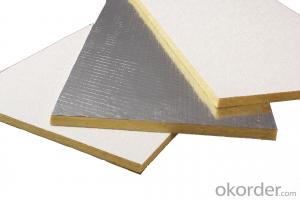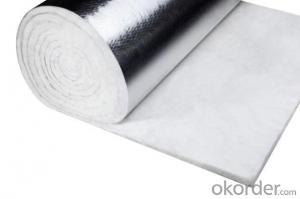Heat Insulation/ Fire Proof/Sound Proof Glass Wool Board
- Loading Port:
- Tianjin
- Payment Terms:
- TT OR LC
- Min Order Qty:
- 5000 m²
- Supply Capability:
- 20000 m²/month
OKorder Service Pledge
OKorder Financial Service
You Might Also Like
1.Description of Glass Wool Blanket:
Rockwool is manufactured primarily from a melt of volcanic rock. The molten rock is spun into wool and resin impregnated. Rockwool when pressed into rolls and sheets package air very well which make it an excellent and reliable insulator. All output types of Rockwool are a poor conductor of heat and sound, and therefore Rockwool is also considered an excellent and reliable thermal-acoustic insulator.
Rockwool is a mineral non-organic fibrous material of excellent and distinguished properties and characteristics. It is efficiently utilized in all fields of thermo-acoustic insulation; furthermore it is used in many industries and agricultural activities.
2.Main features of Glass Wool Blanket:
1) Heat-preservation and heat-insulation, sound absorption and noise reduction
2) Damp proof property
3) Excellent fire proof performance
4) Thermal stability, high temperature heat-stability, durability, high temperature shrinkage resistance
3.Glass Wool Blanket Images:
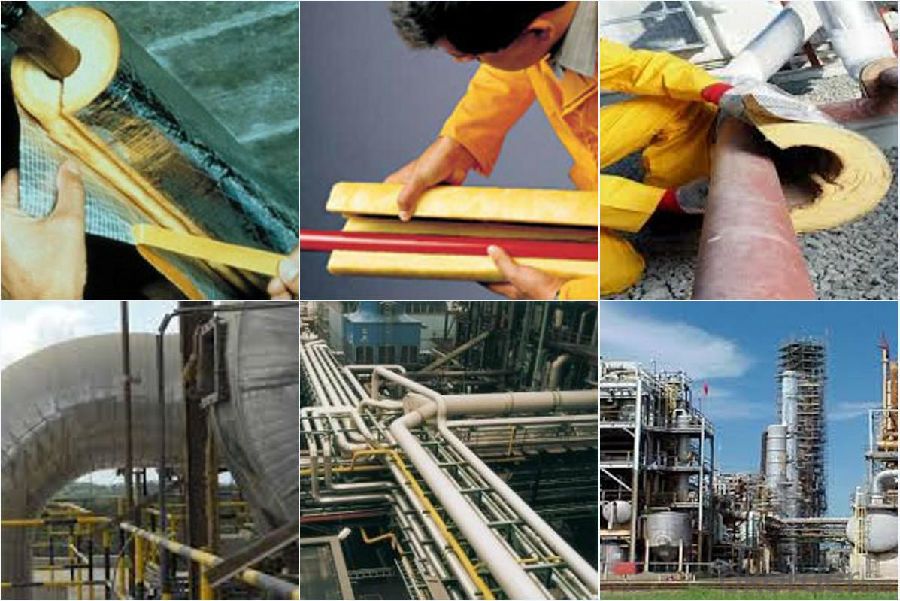
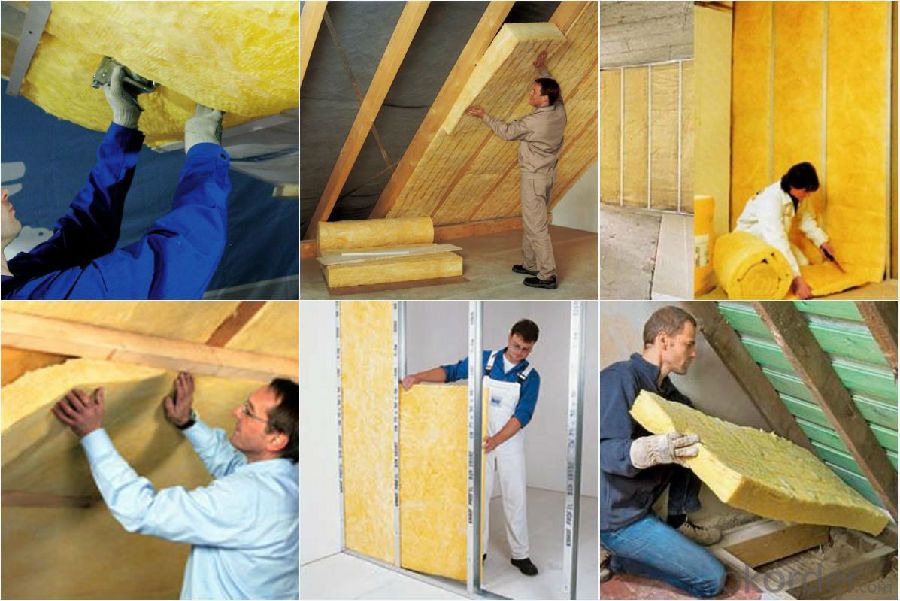
4. Glass Wool Insulation Blanket Technical Parameters:
Property | High/low temperature resistance, oil and fuel resistance, weathering resistance, O zone resistance etc. |
Shape | According to your requirement. |
Color | Any color is available ,according to your requirements. |
Material | NBR, CR, SBR, EPDM, IIR, NR, EP, Silicone, VITON etc. |
Hardness | 30-90ShoreA |
Delivery | In 10 days |
Packing | Plastic bag & carton box or according to your requirements. |
Application | Electronic field, industrial machine & equipment, house-hold appliance, telecommunication, automobile, medical equipment industry etc. |
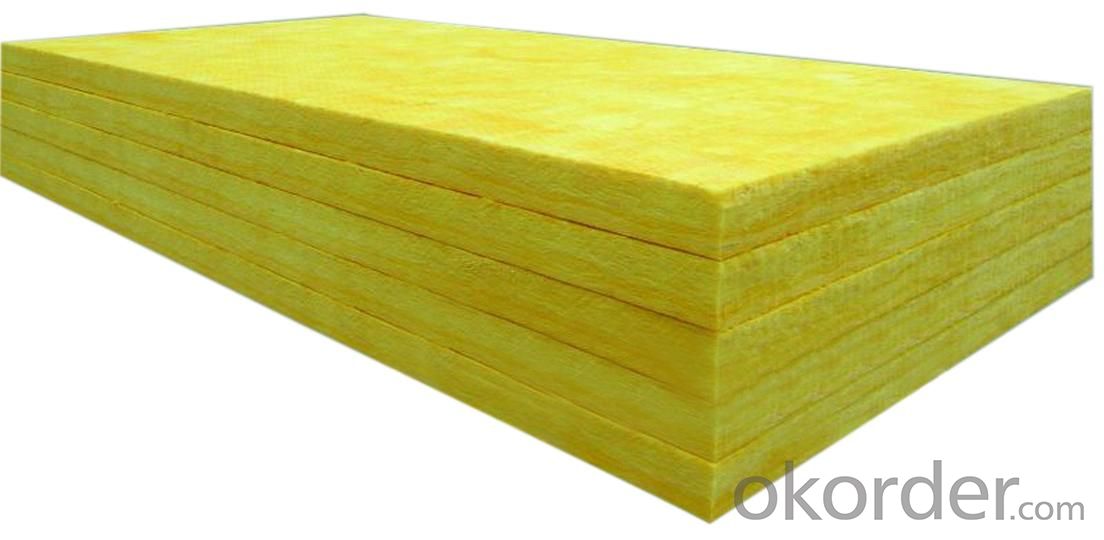
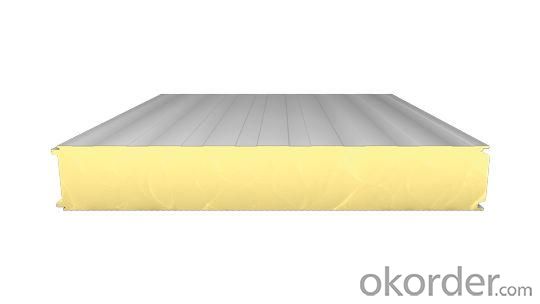
5.FAQ
We have organized several common questions for our clients,may help you sincerely:
①How about your company?
A world class manufacturer & supplier of Glass Wool Blanket is one of the large scale professional investment casting production bases in China,consisting of both casting foundry forging and machining factory. Annually more than 8000 tons Precision casting and forging parts are exported to markets in Europe,America and Japan. OEM casting and forging service available according to customer’s requirement.
②How to guarantee the quality of the products?
We have established the international advanced quality management system every link from raw material to final product we have strict quality test; We resolutely put an end to unqualified products flowing into the market. At the same time, we will provide necessary follow-up service assurance.
- Q:What is the UV resistance of fiberglass mat tissue?
- The UV resistance of fiberglass mat tissue is high due to the inherent properties of fiberglass, making it a suitable choice for outdoor applications where exposure to sunlight is a concern.
- Q:How does fiberglass mat tissue contribute to the strength and durability of composite materials?
- The strength and durability of composite materials are greatly enhanced by fiberglass mat tissue. To begin with, the mat tissue acts as a reinforcement element, providing added strength and rigidity to the composite structure. The fibers in the mat tissue are usually made of glass, which possesses high tensile strength and stiffness. These fibers are arranged randomly, forming a three-dimensional network that evenly distributes stress throughout the composite material. This network of fibers helps to resist cracks and fractures, thus increasing the overall strength of the composite. Additionally, the mat tissue serves as a protective barrier against delamination, a common problem in composite materials. Delamination refers to the separation of layers within the composite, which can weaken its structural integrity. By bonding the layers together and improving their adhesion, the fiberglass mat tissue prevents delamination. This enhanced adhesion reduces the chances of interface failure and improves the overall durability of the composite material. Moreover, fiberglass mat tissue contributes to the improved impact resistance of composite materials. The random fiber orientation within the mat tissue creates a crisscross pattern that enhances the composite's ability to absorb and distribute impact energy. This characteristic makes the material less susceptible to damage from external forces, such as impacts, vibrations, or mechanical stress. In conclusion, fiberglass mat tissue plays a vital role in strengthening and enhancing the durability of composite materials. Its reinforcement capabilities, delamination prevention, and improved impact resistance make it an essential component in various industries, including automotive, aerospace, construction, and marine, where the demand for strong and durable materials is critical.
- Q:Can fiberglass mat tissue be used in high-temperature applications?
- Unfortunately, high-temperature applications do not permit the usage of fiberglass mat tissue.
- Q:Can fiberglass mat tissue be used for insulation?
- Yes, fiberglass mat tissue can be used for insulation. It is commonly used in various applications such as thermal insulation for buildings, pipes, and equipment. The fiberglass mat tissue helps to trap air and reduce heat transfer, making it an effective option for insulation purposes.
- Q:What is the expected lifespan of fiberglass mat tissue in residential applications?
- The lifespan of fiberglass mat tissue in residential applications can differ based on various factors like material quality, installation process, and environmental conditions. On average, these tissues are designed to last approximately 20 to 30 years. Residential applications commonly utilize fiberglass mat tissues for reinforcement and strengthening, particularly in moisture-prone areas such as bathrooms, kitchens, and basements. They are renowned for their exceptional resistance to mold, mildew, and rot, making them a favored choice in these locations. Proper installation and maintenance of fiberglass mat tissues can provide lasting support and protection to underlying surfaces. However, it is essential to handle and install them correctly to avoid damage. Improper installation or exposure to extreme conditions like excessive heat or direct sunlight can significantly shorten their lifespan. Regular inspection and maintenance are crucial to ensure optimal performance and longevity of fiberglass mat tissues. This entails checking for signs of wear, tear, or water damage and promptly addressing any issues that arise. Periodic cleaning and sealing can also help extend the material's lifespan. In conclusion, while the typical lifespan of fiberglass mat tissue in residential applications is around 20 to 30 years, it is vital to consider factors such as quality, installation, and maintenance to ensure durability and longevity.
- Q:Can fiberglass mat tissue be used for making lightweight automotive parts?
- Yes, fiberglass mat tissue can be used for making lightweight automotive parts. Fiberglass mat tissue is a lightweight, versatile material that is commonly used in the manufacturing of automotive parts. It offers excellent strength-to-weight ratio, making it ideal for producing lightweight components without compromising on durability and performance. Additionally, fiberglass mat tissue can be easily molded into various shapes, allowing for complex designs and customization in automotive parts. Moreover, it provides good resistance to corrosion, chemicals, and temperature fluctuations, further enhancing its suitability for automotive applications. Overall, fiberglass mat tissue is a reliable and cost-effective choice for creating lightweight automotive parts.
- Q:Can fiberglass mat tissue be used for marine applications?
- Fiberglass mat tissue finds widespread use in marine applications. It serves multiple purposes in the marine industry, including boat construction, repairs, and maintenance. This material boasts remarkable strength, durability, and water resistance, rendering it an optimal choice for marine applications. Additionally, fiberglass mat tissue is lightweight and malleable, enabling convenient shaping and customization. It remains impervious to corrosion caused by saltwater and other harsh marine conditions. Consequently, fiberglass mat tissue emerges as a dependable and adaptable material that enjoys frequent employment within the marine industry.
- Q:What is the maximum temperature resistance of fiberglass mat tissue?
- The maximum temperature resistance of fiberglass mat tissue can vary depending on the specific product and its intended use. However, in general, fiberglass mat tissue is known for its excellent thermal resistance properties. It can typically withstand temperatures ranging from 400 to 600 degrees Fahrenheit (200 to 315 degrees Celsius) without undergoing significant structural or performance degradation. This makes it suitable for a wide range of high-temperature applications, including insulation, fireproofing, and thermal insulation in industries such as automotive, aerospace, construction, and manufacturing. It is important to note that the exact maximum temperature resistance may vary based on factors such as the thickness, composition, and specific manufacturing processes of the fiberglass mat tissue. It is always recommended to consult the manufacturer's specifications and guidelines to ensure the appropriate usage and performance of the product in high-temperature environments.
- Q:Is fiberglass mat tissue resistant to mildew and rot?
- Yes, fiberglass mat tissue is resistant to mildew and rot.
- Q:What is the delamination strength of fiberglass mat tissue?
- The delamination strength of fiberglass mat tissue refers to its ability to resist separation or peeling of layers within the material. It is a measure of the adhesive strength between the fibers and the binder in the mat. The specific delamination strength of fiberglass mat tissue can vary depending on factors such as the manufacturing process, binder type, and overall composition of the material.
1. Manufacturer Overview |
|
|---|---|
| Location | |
| Year Established | |
| Annual Output Value | |
| Main Markets | |
| Company Certifications | |
2. Manufacturer Certificates |
|
|---|---|
| a) Certification Name | |
| Range | |
| Reference | |
| Validity Period | |
3. Manufacturer Capability |
|
|---|---|
| a)Trade Capacity | |
| Nearest Port | |
| Export Percentage | |
| No.of Employees in Trade Department | |
| Language Spoken: | |
| b)Factory Information | |
| Factory Size: | |
| No. of Production Lines | |
| Contract Manufacturing | |
| Product Price Range | |
Send your message to us
Heat Insulation/ Fire Proof/Sound Proof Glass Wool Board
- Loading Port:
- Tianjin
- Payment Terms:
- TT OR LC
- Min Order Qty:
- 5000 m²
- Supply Capability:
- 20000 m²/month
OKorder Service Pledge
OKorder Financial Service
Similar products
New products
Hot products
Related keywords
